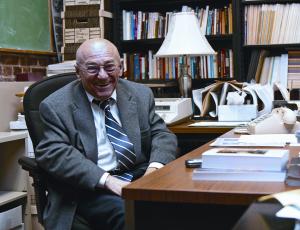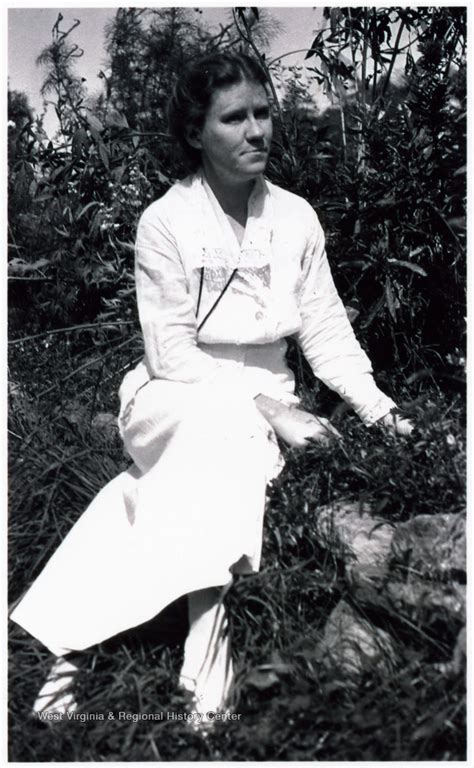A Quote by Saint Teresa of Avila
Our souls may lose their peace and even disturb other people's, if we are always criticizing trivial actions - which often are not real defects at all, but we construe them wrongly through our ignorance of their motives.
Related Quotes
Even where the affections are not strongly moved by any superior excellence, the companions of our childhood always possess a certain power over our minds which hardly any later friend can obtain. They know our infantine dispositions, which, however they may be afterwards modified, are never eradicated; and they can judge of our actions with more certain conclusions as to the integrity of our motives.
Nothing can tell us so much about the general lawlessness of humanity as a perfect acquaintance with our own immoderate behavior. If we would think over our own impulses, we would recognize in our own souls the guiding principle of all vices which we reproach in other people; and if it is not in our very actions, it will be present at least in our impulses. There is no malice that self-love will not offer to our spirits so that we may exploit any occasion, and there are few people virtuous enough not to be tempted.
The only things in which we can be said to have any property are our actions. Our thoughts may be bad, yet produce no poison; they may be good, yet produce no fruit. Our riches may be taken away by misfortune, our reputation by malice, our spirits by calamity, our health by disease, our friends by death. But our actions must follow us beyond the grave; with respect to them alone, we cannot say that we shall carry nothing with us when we die, neither that we shall go naked out of the world.
Doubtless almost any intense emotion may open our 'inward eye' to the beauty of reality. Falling in love appears to do it for some people. The beauties of nature or the exhilaration of artistic creation does it for others. Probably any high experience may momentarily stretch our souls up on tiptoe, so that we catch a glimpse of that marvelous beauty which is always there, but which we are not often tall enough to perceive.
If we wish to know about a man, we ask 'what is his story--his real, inmost story?'--for each of us is a biography, a story. Each of us is a singular narrative, which is constructed, continually, unconsciously, by, through, and in us--through our perceptions, our feelings, our thoughts, our actions; and, not least, our discourse, our spoken narrations. Biologically, physiologically, we are not so different from each other; historically, as narratives--we are each of us unique.










































